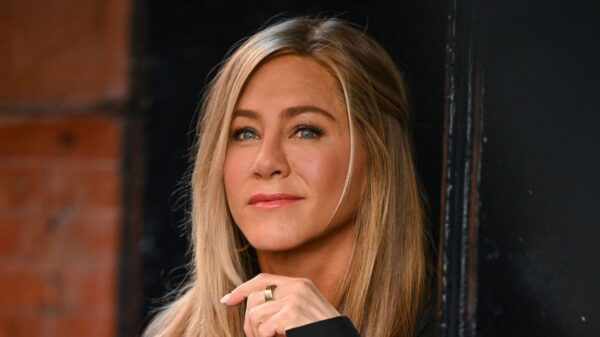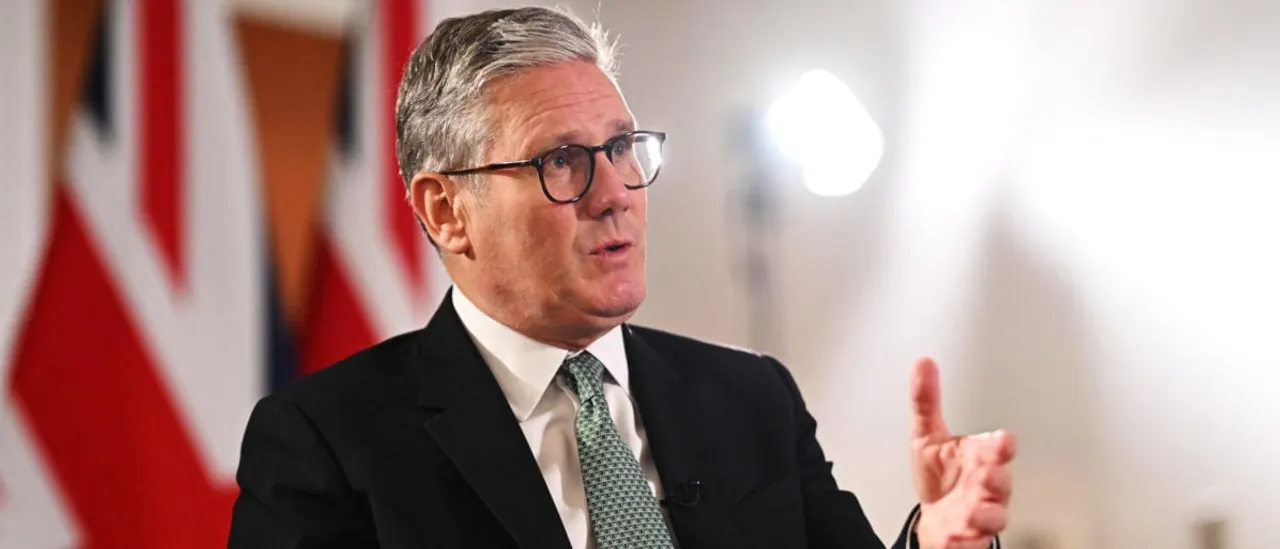Several Western countries, including the United Kingdom, Canada, and Australia, formally recognized Palestine as an independent state on September 21, 2025. This decision marks a significant departure from the United States’ stance ahead of a crucial United Nations General Assembly meeting scheduled for later this week.
British Prime Minister Keir Starmer emphasized the importance of this recognition in promoting peace, stating that it aims to support the long-desired two-state solution. “We are acting to keep alive the possibility of peace and a two-state solution, which means a safe and secure Israel alongside a viable Palestinian state,” Starmer noted. He condemned Hamas, labeling it a “brutal terror organization,” and called for the release of Israeli hostages taken during the October 7 attacks.
Australia’s Foreign Minister Penny Wong reiterated the necessity of a two-state solution, declaring it the only viable path to enduring peace. Wong stressed that the Palestinian Authority must meet international standards and insisted that Hamas should play no role in any future Palestinian governance. She called for democratic elections and reforms in governance and education, highlighting the need for significant changes to ensure stability.
Canadian Prime Minister Mark Carney supported the recognition, stating it empowers those advocating for peaceful coexistence while firmly distancing the decision from any legitimization of terrorism. “This decision in no way legitimizes terrorism, nor is it any reward for it,” Carney said.
Portugal also expressed its support for the recognition, with officials describing the two-state solution as the only means to achieve a just and lasting peace. France, under the leadership of President Emmanuel Macron, has reaffirmed its commitment to recognizing Palestinian statehood. Macron characterized the adoption of the New York Declaration by 142 countries as a pivotal moment in the pursuit of lasting peace in the region.
UN General Assembly and Broader Implications
The UN General Assembly is set to convene in New York this week, with discussions anticipated to focus on the feasibility of a two-state solution for Israel and Palestine. Notably, Saudi Arabia and France are slated to host a summit where additional nations may announce similar recognitions of Palestinian statehood.
In response to these developments, Israeli Prime Minister Benjamin Netanyahu firmly rejected the recognition of Palestine. He stated, “A Palestinian state will not be established west of the Jordan,” and promised that the Israeli government would respond to what he described as an attempt to impose a terrorist state upon them. Israeli President Isaac Herzog echoed these sentiments, arguing that the recognition would not improve conditions for Palestinians or foster negotiations, but rather strengthen extremist factions and hinder peace efforts.
The U.S. State Department dismissed the actions of the Western nations as “performative.” A spokesperson emphasized that Washington’s priorities remain focused on the immediate release of hostages, ensuring Israel’s security, and striving for peace and prosperity in the region, objectives they assert cannot be met while Hamas remains active.
As the international community watches closely, the recognition of Palestine by these Western nations may represent a pivotal shift in diplomatic relations and the ongoing discourse surrounding the Israeli-Palestinian conflict.








































































